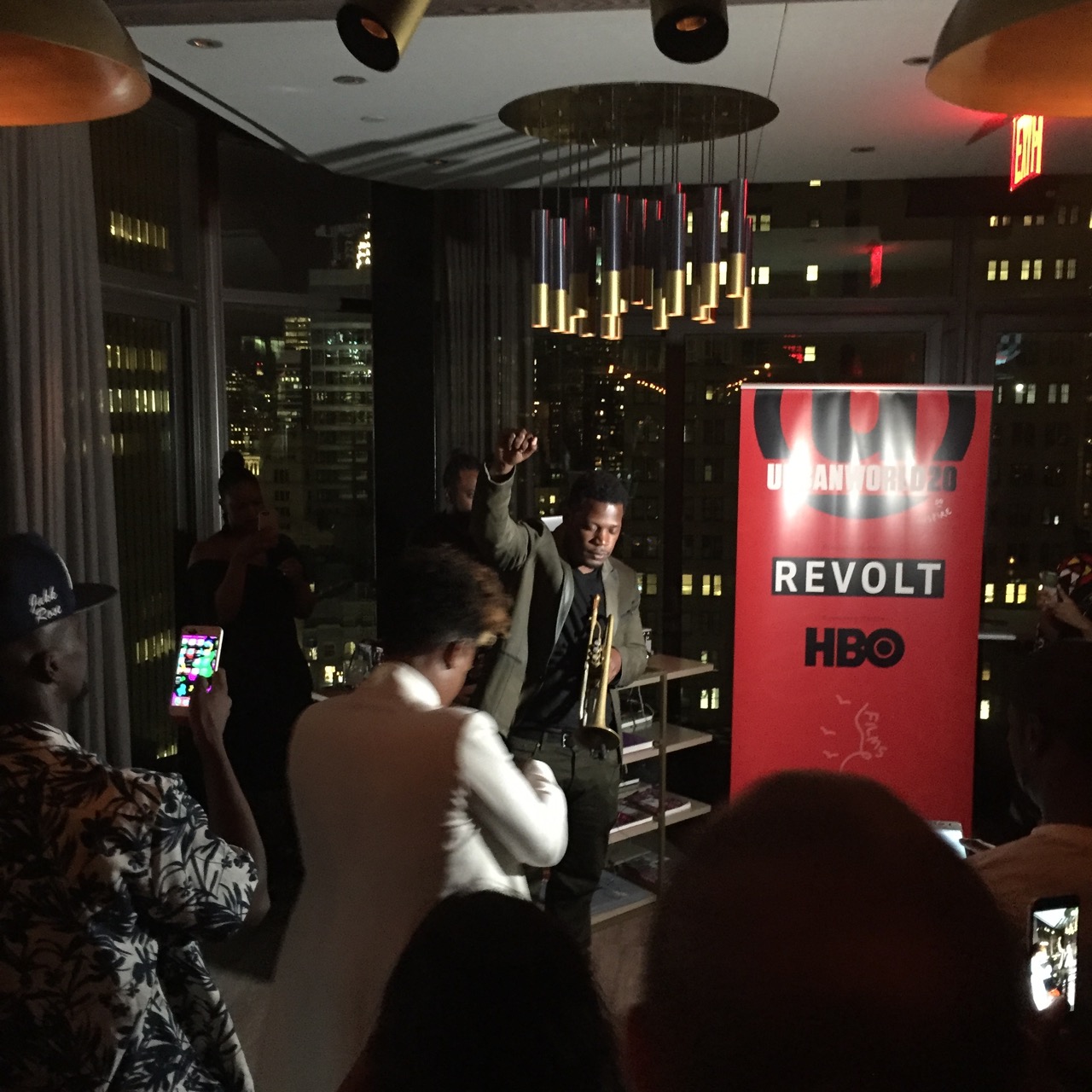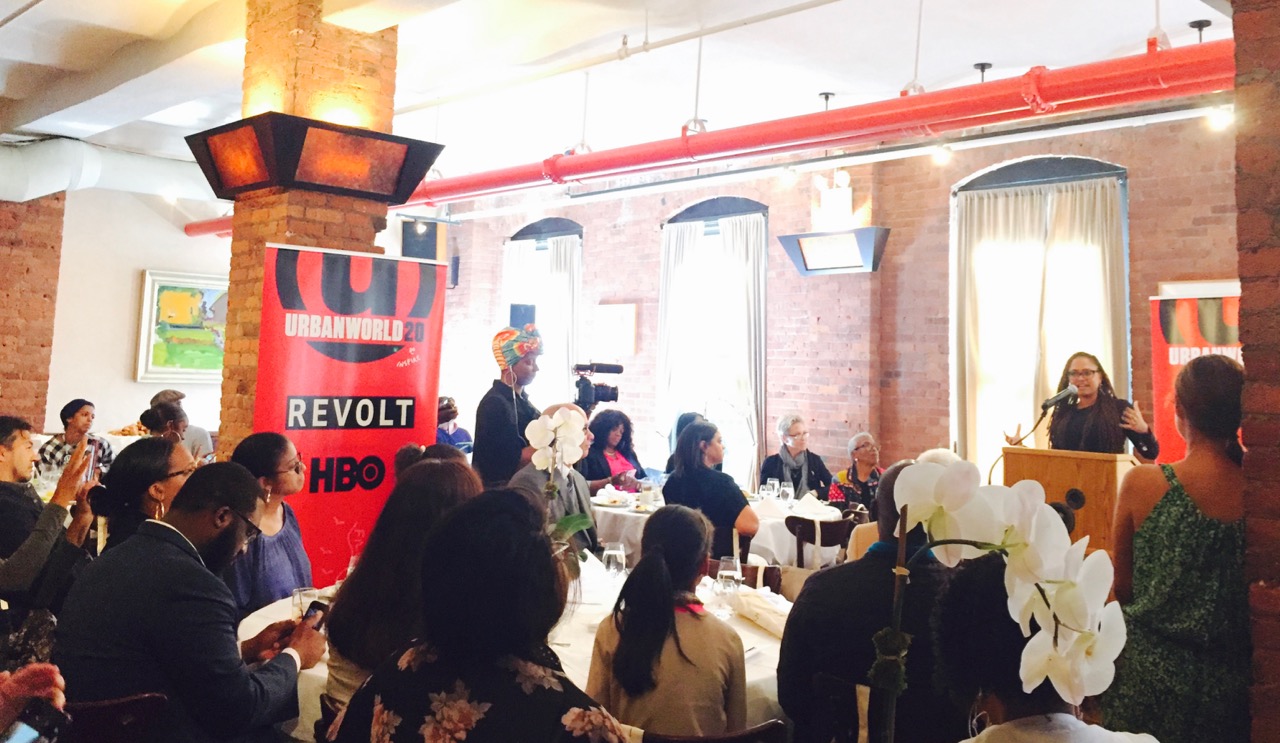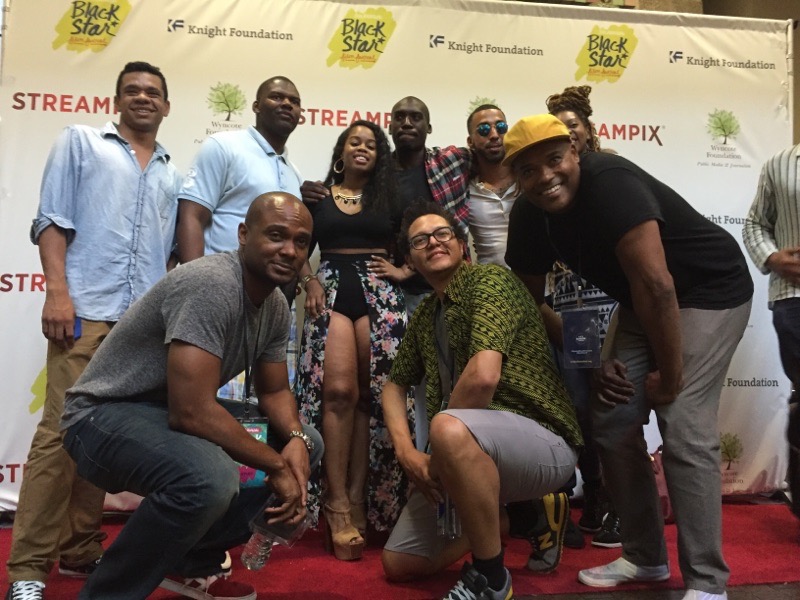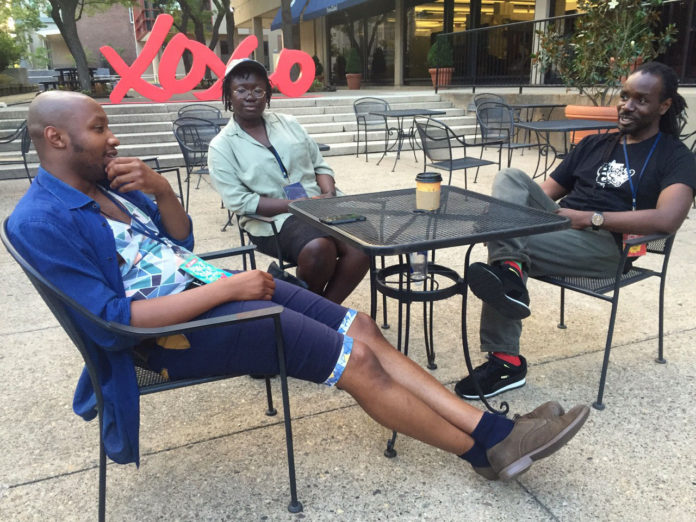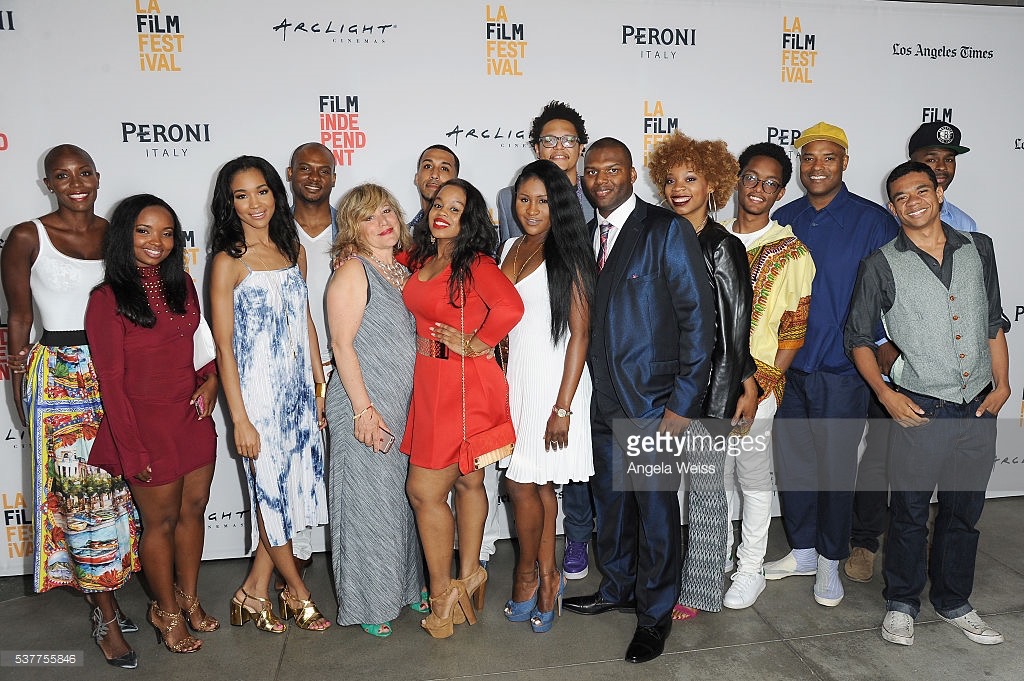I recently appeared on the podcast Filmwax Radio. And while I’ve appeared in media before, this one felt a bit like a rite of passage. Any New York filmmaker of note has appeared on it over the years and I’ve listened to many episodes. Adam’s cat sat in my lap for a few minutes as I listened to Jen Ponton, the guest who appeared before me. If there’s a family of filmmakers in the city, Filmwax felt like the living room.
A few months ago I also appeared on Handful of Wheel, a podcast that delves into what it means to live as a creative. Uniquely, the episodes are recorded by Maura and Haele while driving in a minivan, with the idea that the familiarity of riding in a vehicle might infuse the conversation with both comfort and serendipity. I can confirm that it does and had one of my favorite conversations ever about my work from the shotgun seat.
https://www.instagram.com/p/BKn4TbDjXgd/?taken-by=raafirivero
The aforelinked Work x Work interview was recorded in a wood-paneled room full of art books. In that room, and Scott’s presence, I felt invited to talk about creativity in very specific ways – to imagine myself as part of a larger continuum of workers and voices.
Having grown up in a home where both parents worked in public radio, and hosted a college radio show for years, it’s fun to participate in these new audio media. Still can’t get used to the sound of my voice, though.




